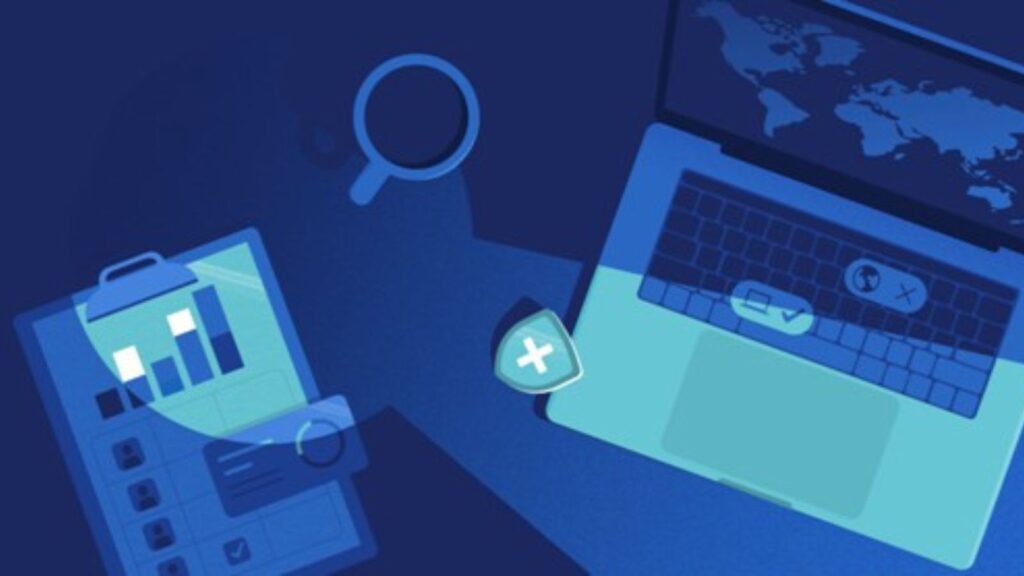
One might easily overlook how linked everything is in the modern society. From cloud-powered fitness trackers to smart refrigerators, almost every object we use daily sends and receives data over the internet. One thing is sure in this linked society: individuals have to act to safeguard their privacy. In the digital age, protecting private information calls for a virtual private network, or VPN, which is a must tool.
For tech-savvy individuals who interact online, share data, or simply want to remain their online activities concealed, this might be useful. It provides a free solution to secure data on Windows devices by concealing IP addresses and encrypting internet traffic. There are also easy and lightweight free VPN apps for Android and iOS that improve mobile browsing security while on the go, especially while using public Wi-Fi networks or traveling.
More data breaches have made consumers more aware of their digital presence. It’s not simply about concealing your surfing past. It’s also about keeping your personal data safe from trackers. This prevents advertising from categorizing you. Furthermore, it guards your vital credentials against theft on insecure networks. A VPN encrypts your internet traffic, hence building a safe tunnel between you and the rest of the web.
In the internet industry, though, VPNs are far more vital than just for personal privacy. VPNs help to protect the networks powering our smart homes and interdependent gadgets as they grow more intelligent. A well set up VPN may lower exposure to outside risks whether your home office arrangement, smart thermostat, or gaming console. Tech enthusiasts that enjoy using Raspberry Pi, private servers, or IoT usually include VPNs into their configurations. This keeps remote access safe from hackers.
Developers and digital creators, too, rely heavily on VPNs. VPNs provide flexible solutions that regular internet setups can’t offer. They help you test how websites look in various locations. They also let you avoid ISP throttling when uploading big media files. Remote teams working across borders gain from secure VPN channels. These channels provide extra security for services like Git, cloud IDEs, and remote desktop environments.
The privacy landscape is also being shaped by shifting legislation and changing user expectations. More regions want data sovereignty and are regulating cross-border data access. As a result, users seek ways to keep control over their internet experience. VPNs are among the few tools that allow users to assert control over their digital identities, irrespective of where they are.
Gamers can benefit from VPNs in many ways. They reduce ping times by using better routes. VPNs also allow access to region-locked game content. Plus, they protect against DDoS attacks during competitive play. For tech consumers who use platforms like Discord, Twitch, or even crypto wallets, VPNs create a safer experience across all their devices.
The tech world moves fast, and users are often caught between convenience and risk. Whether you’re managing a smart home, building the next big app, or just binge-watching shows while commuting, using a VPN is a simple, effective step toward digital self-defense. It blends seamlessly into the daily habits of modern users without demanding deep technical expertise.
VPNs are still among the most easily and strong technologies available as the web evolves and so are the dangers to our digital life. As our dependence on internet services increases, their function is growing, not declining. Making VPN use second nature, especially through free and reliable tools, ensures that privacy isn’t a luxury, but a standard.













